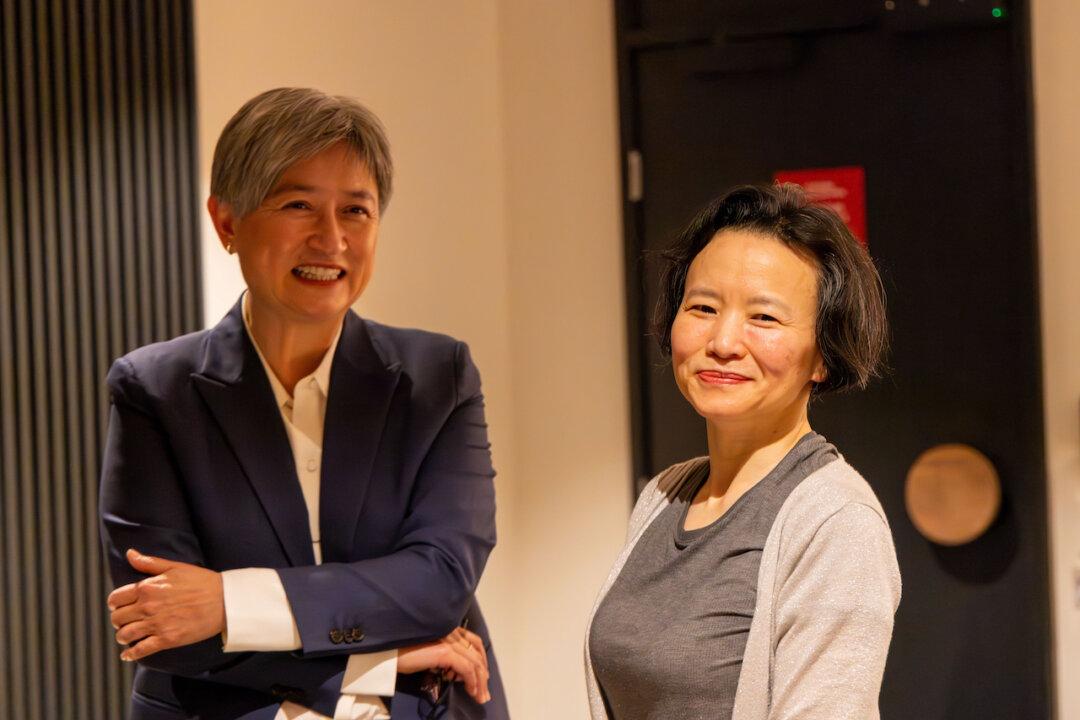Australia’s Foreign Minister Penny Wong has revealed the motivations behind her push to bring detained Australian journalist Cheng Lei home, saying it was a promise she made to Ms. Cheng’s children.
This follows the return of the Chinese-born Australian journalist, who had spent three years behind bars in China.
Ms. Cheng was working as a journalist for the China Global Television Network (CGTN), a state-owned media outlet, when she was accused of illegally supplying state secrets overseas.
“(Ms. Cheng’s) return is a result of persistence, consistent advocacy. I raised her case in my very first meeting with Wang Yi, which, you might recall, was in the margins of the G20 not long after we were elected,” Ms. Wong told reporters.
“I made clear at that time that Australians wanted to see a mother reunited with her children, and that advocacy, from me and every meeting I’ve had with every Chinese counterpart, has been backed in by officials from the Department of Foreign Affairs and Trade.”
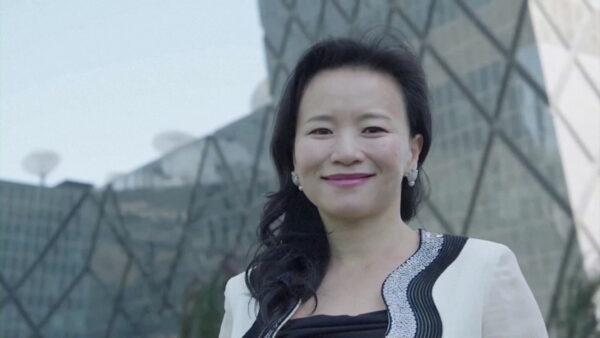
Beijing released a statement saying the now-freed journalist had been deported “in accordance with the law after serving her sentence” of two years and 11 months in prison.
Ms. Cheng in ‘Extraordinary Spirits’
Ms. Wong described Ms. Cheng as being “in extraordinary spirits” when they met on Oct. 11, and was glad to see Ms. Cheng reunited with her children, who she says are not much older than hers.“I made them a promise some time ago we would do everything, I would do everything I could, to bring her home, and it was wonderful to see them together,” Ms. Wong said.
“We also acknowledge the Government’s efforts to continue the work of former foreign minister, Marise Payne, to secure Ms. Cheng’s release and their provision of regular confidential briefings to the Opposition on the situation,” Mr. Dutton said.
But Not All Aussie Ministers On Board Though
Despite bipartisan support at the federal level, not all Australian officials were on board with Ms. Cheng’s release.“There have been some positive developments in our relationship with China, but there are still many Victorians would like to see resolved,” DFAT sent in an email to Victoria’s Department of Premier and Cabinet.
“One is the ongoing detention of Australian citizen Cheng Lei (pron: Cherng Lay).
“She has been detained in China for almost three years, and her young children and elderly mother, who are Victorians, miss her dearly.
“I understand her case is currently before judicial authorities in Beijing (note: refer to China when using with officials outside Beijing) and we ask that it be expeditiously resolved in a way that allows her to be reunited with her family.”
However, on his return, Mr. Andrews told reporters he chose not to address the case.
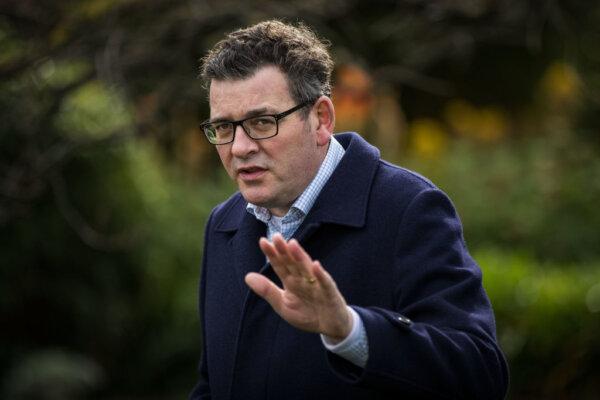
“I did not meet with any officials that would be seen as part of the justice system for instance, it’s not in my practice to cut across what can be very complicated, very delicate complicated consular matters—that’s never been my approach,” Mr. Andrews said.
What Ms. Cheng’s Return Means for Australia
When asked what Ms. Cheng’s return means for Australia and its trading relationship, Ms. Wong said there have been some benefits to stabilising relations.“There are areas where we will disagree, there are areas where we will cooperate. But regardless of disagreement or where we can cooperate, engagement matters for Australia. You need to engage in order to advocate for Australia’s national interest. You need to engage in Australia’s national interest,” she said.
Australian National University’s China Studies academic Graeme Smith said Beijing’s economic situation had contributed to the mounting pressure to release Ms. Cheng.
“They really didn’t have the rebound from COVID that they thought they would have,” Mr. Smith told AAP.
“That is a big part of the thaw—economically they need us more than they thought they would.”
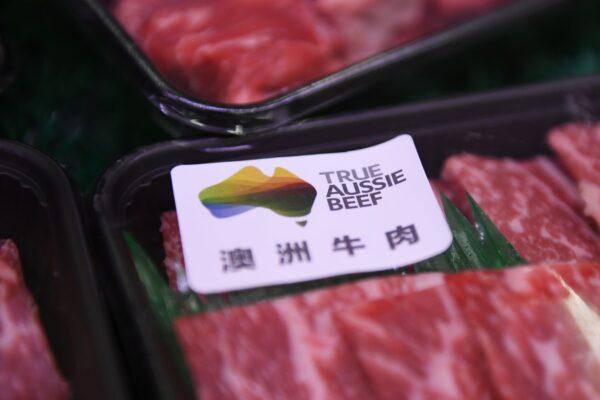
Mr. Albanese said Ms. Cheng’s return was not part of a deal struck with Beijing, and her release followed the completion of the judicial process.
However, Malcolm Davis, senior analyst at the Australian Strategic Policy Institute, said that Beijing never does things out of “pure goodwill.”
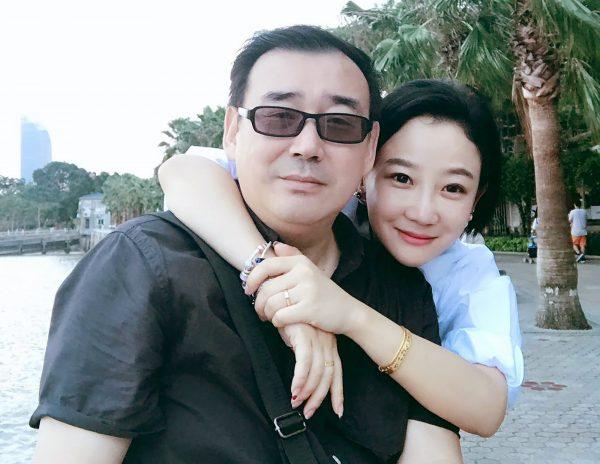
Both the Albanese government and federal opposition continue to advocate for the release of Yang Hengjun, an Australian-Chinese writer and pro-democracy activist, whose health is deteriorating.
Mr. Yang has been detained since January 2019 and was sentenced for espionage in May 2021.
Meanwhile, Mr. Albanese is expected to travel to China before the end of the year.
